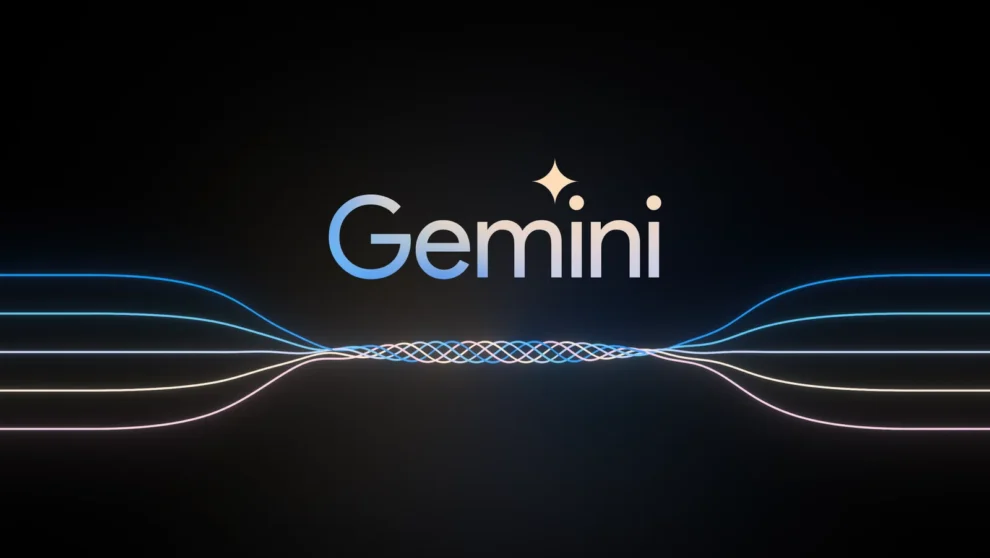The tech world buzzed with excitement as Google unveiled Gemini, its latest contender in the ever-heating AI race. Hailed as the company’s most powerful language model yet, Gemini boasts impressive benchmark scores and promises advancements in multimodality and reasoning. However, amidst the fanfare, questions and concerns have emerged, casting a shadow over the celebratory debut.
Key highlights:
- Google unveils Gemini, touted as its most advanced AI model yet.
- Impressive benchmarks raise expectations, but transparency concerns cloud the launch.
- Limited access to the full model fuels debate about true capabilities.
- Experts call for cautious optimism, emphasizing ethical considerations and real-world application.

Technical Prowess with a Side of Question Marks:
Google proudly touted Gemini’s performance on the challenging MMLU (Massive Multitask Language Understanding) benchmark, surpassing even human experts in its 57-subject domain. Additionally, the model showcased its multimodality by tackling tasks involving images, audio, and video, a significant departure from text-based language models.
This technical prowess, however, has been met with cautious optimism from the AI community. Critics point to the lack of transparency surrounding the launch. The flashy video demo, showcasing seamless real-time interactions with Gemini, was later revealed to be pre-recorded and staged. This fueled concerns about the model’s actual capabilities and raised questions about Google’s marketing tactics.
Limited Access, Limited Answers:
Further amplifying the skepticism is the restricted access to the full Gemini model. Currently, only a “lite” version, Gemini 1.0 Pro, is available to the public, offering glimpses of the technology but ultimately leaving a veil over its true potential. This limited access hinders independent evaluation and comparison with other leading models like OpenAI‘s GPT-4.
Ethical Crossroads and the Road Ahead:
The conversation surrounding Gemini extends beyond technical specifications. As with any powerful AI technology, ethical considerations take center stage. Experts urge caution, highlighting the potential for bias and misuse, particularly in light of Google’s past struggles with fairness and algorithmic discrimination. Balancing innovation with responsible development remains a crucial challenge for the entire AI field.
Hype or Hope? The Jury’s Still Out:
Google’s Gemini undoubtedly represents a significant milestone in AI development. Yet, questions linger about its real-world applicability and true capabilities. The restricted access and transparency concerns add a layer of complexity to the evaluation process. For now, cautious optimism seems the most appropriate stance. Only time will tell if Gemini lives up to its promise or fades into the ever-evolving landscape of AI advancements.


















